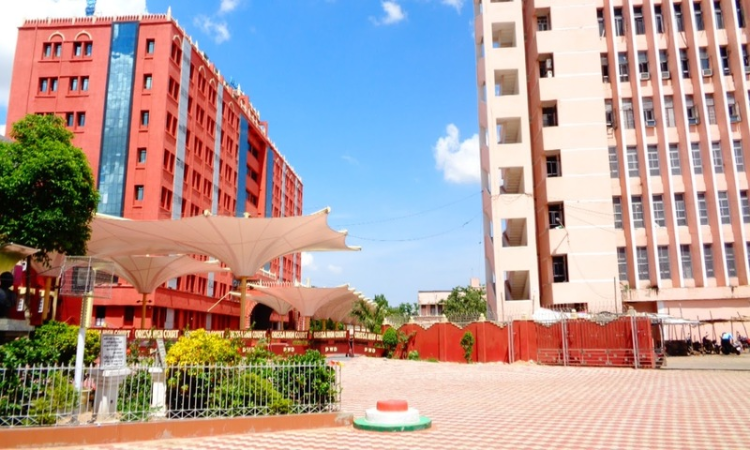Orissa High Court Upholds Conviction Of Dara Singh & Other Accused In 1999 Father Arul Doss Murder Case
Jyoti Prakash Dutta
12 Sept 2022 8:30 AM IST

Next Story
12 Sept 2022 8:30 AM IST
The Orissa High Court has upheld the conviction of Dara Singh alias Rabindra Kumar Pal and his co-accused for the murder of Father Arul Doss in Mayurbhanj district of Odisha in the year 1999. While affirming the conviction and sentence pronounced by the Trial Court in September 2007, a Division Bench of Chief Justice Dr. S. Muralidhar and Justice Chittaranjan Dash held,"The charge as...
